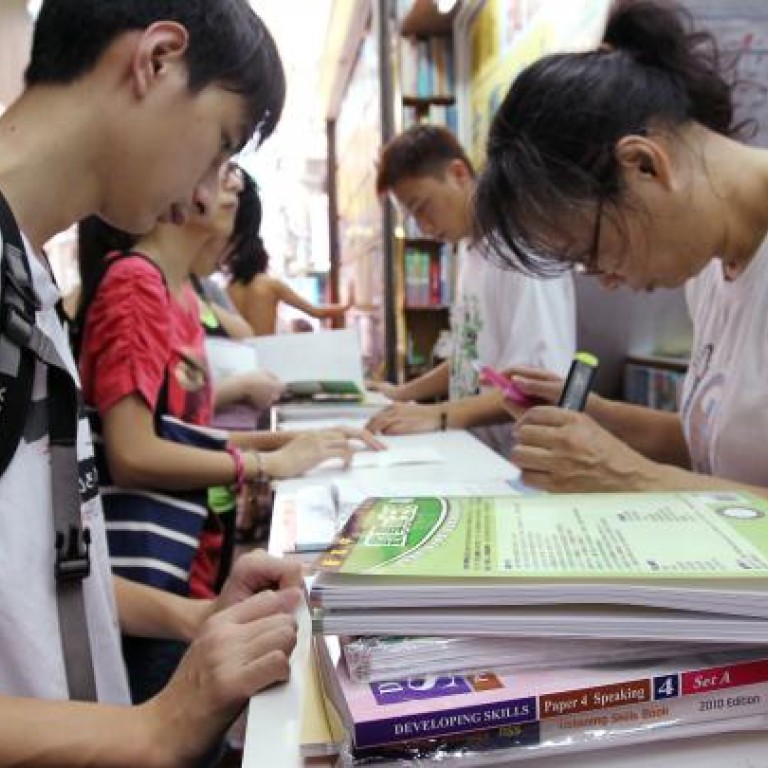
Hong Kong should press ahead in promoting e-books in schools
Soaring textbook prices are a headache for Hong Kong parents. The situation is further complicated by sales tactics in which publishers tie the teaching aides and study guides with textbooks to inflate the prices. After years of futile negotiations with the industry to unbundle the materials, the government has decided to finance e-publishing with a view to nurturing a rival market. Last week, the Education Bureau announced that it had approved 30 applications under a subsidy scheme. The electronic textbooks are expected to be ready for use in 88 schools after two years. The progress should be encouraging news to parents and students.
It would be naïve to think that a few e-books will create a new era of paperless learning. In fact, the outcome of the funding scheme is far from satisfactory. Only one-third of the 86 applications were approved, covering just nine of the 30-odd primary and secondary school subjects. About half of the HK$50 million set aside remains unused. That said, it is nonetheless the right step to promote e-books as a way to counter defiant publishers who make easy money by churning out new editions with just minor changes every year.
Parents looking forward to substantial savings on student textbooks may be disappointed though. Officials say the e-books approved are expected to be on average 20 per cent cheaper than the printed ones, but individual prices vary. In the case of a geography e-textbook by the University of Hong Kong, the price is 63 per cent lower than the average price of its printed counterpart. But e-books do not necessarily mean cheaper prices. Eight of the 30 sets approved are actually more expensive than printed ones, according to the bureau.
How much parents and students can benefit ultimately depends on whether e-textbooks can build up a sizeable market to rival printed books. The latest outcome suggests subsidies alone are insufficient to attract new players. The key is to stimulate competition, which cannot be achieved without stronger government intervention at the initial stage.
